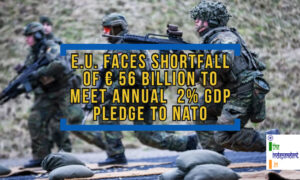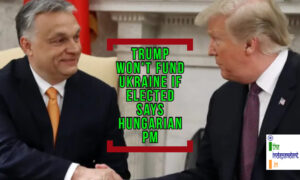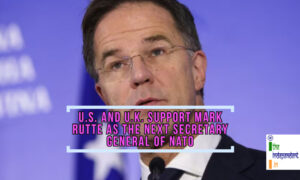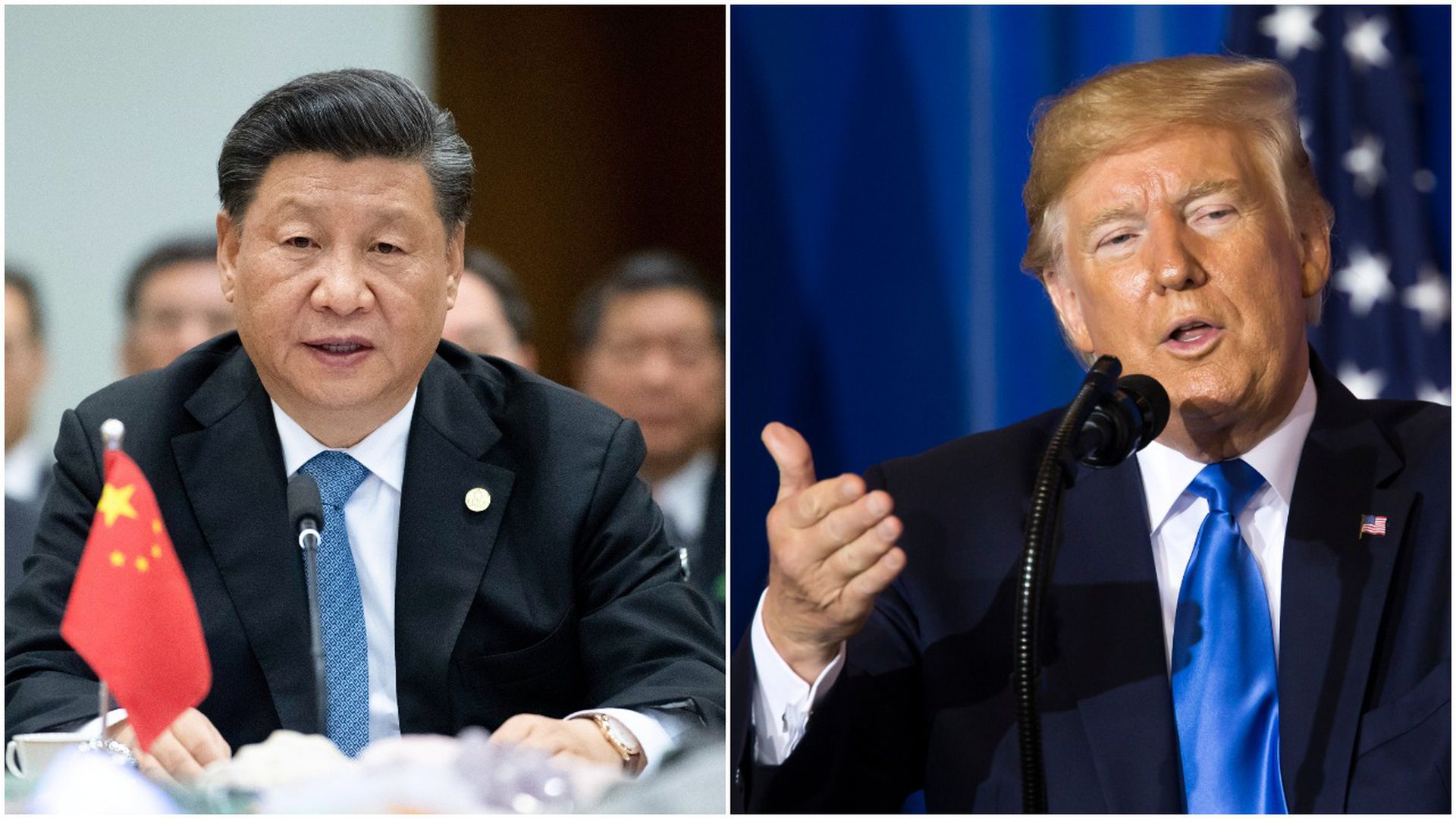
China calls signing of HKHRDA as “blatant hegemonic move”, will take countermeasures
The People’s Republic of China has come down heavily on the President of United States (U.S.) – Donald Trump today, i.e., Thursday, November 28, 2019, for signing of the Hong Kong Human Rights and Democracy Act (HKHRDA).
Terming the decision as “blatant hegemonic move”, China termed Trump’s intentions as “sinister”. China has also announced to take discretion on retaliation.
Prior to this on Wednesday, November 27, 2019, Trump signed the into law the act that could bring diplomatic action and economic sanctions against the Government of Hong Kong regarding the ongoing civil unrest in Hong Kong.
Post this, protestors in Hong Kong carried out a celebratory, pro-US rally thanking Trump for supporting them.
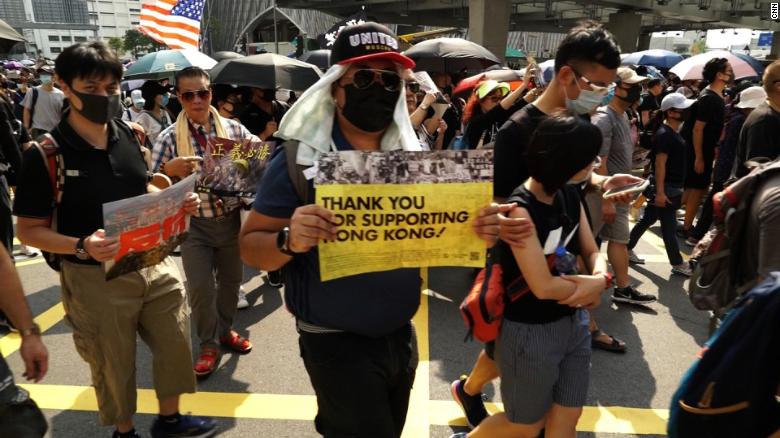
The Ministry of Foreign Affairs of China summoned the U.S. Ambassador – Terry Branstad to express their disagreement on the new Act, asking the US not to implement the bill.
Speaking on the occasion, the Vice-Foreign Minister of China – Le Yucheng said, “For the erroneous act by the US, China will certainly take firm countermeasures and the US side will be fully responsible for all the consequences.”
Post the meeting between Le and Branstad, Ministry of Foreign Affairs of China issued a statement which read, “It is a blatant move of hegemony that the Chinese government and the Chinese people firmly oppose.”
What is the Hong Kong Human Rights and Democracy Act?
The Hong Kong Human Rights and Democracy Act of 2019 (HKHRDA) refers to a U.S. Federal Law that allows U.S. to impose sanctions against Chinese and Hong Kong officials responsible for human rights abuses in Hong Kong.
It also requires the U.S. Department of State and other agencies to conduct an annual review to determine whether changes in Hong Kong’s political status (its relationship with mainland China) justify changing the unique, favourable trade relations between the U.S. and Hong Kong.
Protect Hong Kong Act
In addition, Trump has also signed into law the ‘Protect Hong Kong Act’ which prohibits the sale of U.S. made munitions such as tear gas and rubber bullets to law enforcement agencies in Hong Kong.
What Trump said?
A Statement from White House said that Hong Kong Human Rights and Democracy Act reaffirms and amends the United States-Hong Kong Policy Act of 1992 and specifies the U.S. Policy towards Hong Kong and allows assessment of the political developments in Hong Kong.
Signing the bills, Trump said in a Press Release, “I signed these bills out of respect for President Xi [Jinping], China and the people of Hong Kong.”
It further read, “They are being enacted in the hope that leaders and representatives of China and Hong Kong will be able to amicably settle their differences, leading to long-term peace and prosperity for all.”
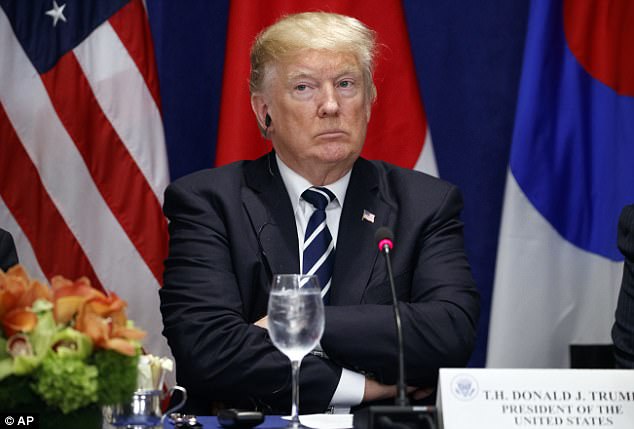
Reactions from Hong Kong and Macau
The Ministry of External Affairs of the Hong Kong Special Administrative Region has also condemned the move and has said that the Act would further exaggerate the mass protest in Hong Kong.
The Hong Kong Government issued a statement which read, “The two acts are unreasonable. Although human rights and democracy are mentioned in the title of the act, some of the provisions in the act are actually about export control and enforcement of the sanctions imposed by the United Nations in Hong Kong, which are totally unrelated to human rights and democracy in Hong Kong.”
It added, “The two acts will also send an erroneous signal to protesters, which is not conducive to alleviating the situation in Hong Kong.”
The Hong Kong and Macau Affairs Office (HKMAO) – China’s top office overseeing Hong Kong policy, under the State Council, also issued a statement which read, “Facts have proven that the US is the biggest ‘black hand’ behind the meddling with Hong Kong.”
What’s happening in Hong Kong?
For almost 6 months now, Hong Kong has been witnessing mass unrest resulting in road blockages, attack on Government buildings and Chinese Embassy, graffiti on Government buildings, violent rallies, disruption in Metro trains, closure of colleges and shopping malls, etc. To counter the protestors, police has resorted to rubber bullets, tea gas and blue-coloured water canon.
For the records, the protests have been triggered by the controversial extradition bill which if implemented, would have allowed China, Taiwan and Macau to place extradition request for suspects accused of criminal wrongdoings. The requests would have then been decided on a case-by-case basis. The Hong Kong Courts would have the right to make the final decision. However, owing to mass unrest, the Chief Executive of Hong Kong – Carrie Lam later announced that the Government has suspended the controversial extradition bill.
Impact on trade talks
The move is definitely going to impact the ongoing trade talks between China and U.S. It is to be noted that China and U.S. are close to finalising the first phase of the trade deal. On November 26, 2019, top negotiators from both the sides spoke over telephone and agreed to work in collaboration.
Trump sounded confident that this would end the 16-month long trade war between the two economies. But with recent developments, we need to wait and watch, how it impacts the trade deal.


